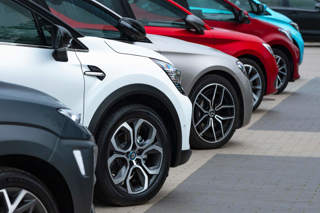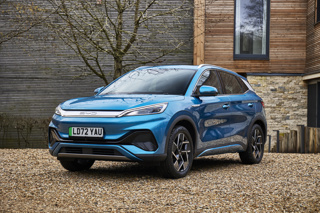In an area such as the reversing of vehicles, much can still to be done despite popular technology aids such as sensors that help the driver.
According to a report from the University of Huddersfield, some 64 deaths occur each year in the UK as a direct result of reversing of vehicles.
In the case of Electronic Stability Control (ESC), a safety technology that Arval made mandatory on all company cars in 2008, it is reported that this technology could reduce skidding accidents by up to 80%. At least 40% of fatal accidents are as a result of skidding, and Scarr is urging fleet decision makers to also make ESC a standard requirement for their fleet.
She continued: “Vehicle safety technology has impacted overall accident numbers and our research corroborates this when it comes to the use of parking sensors for instance. However, even with technology, accidents can still happen as a result of driver error and ongoing education to promote good driver skills remains essential.
“An action such as reverse parking is a case in point where drivers still need to take care to understand and appreciate the skills involved in such a manoeuvre. It is an excellent skill to attain for convenient and safe parking, but sadly the repeated incidents of minor bumps and collisions reported by fleets and insurance companies testify that it is still causing problems - despite parking sensors and other aids.”
She concluded: “A focus on driver education and skill enhancement, supported by safety technologies, should continue to pave the way to ongoing reductions in incident numbers ranging from small problems to major accidents. Good driver habits and vehicle safety devices need to co-exist and technology should not become the dominant force at the expense of safe and appropriate driver behaviour.”
Arval recently became the first company to receive a European eSafety prize for fleet management in recognition of the work it has done to introduce life-saving technology to both its customers and its own fleet.























Login to comment
Comments
No comments have been made yet.